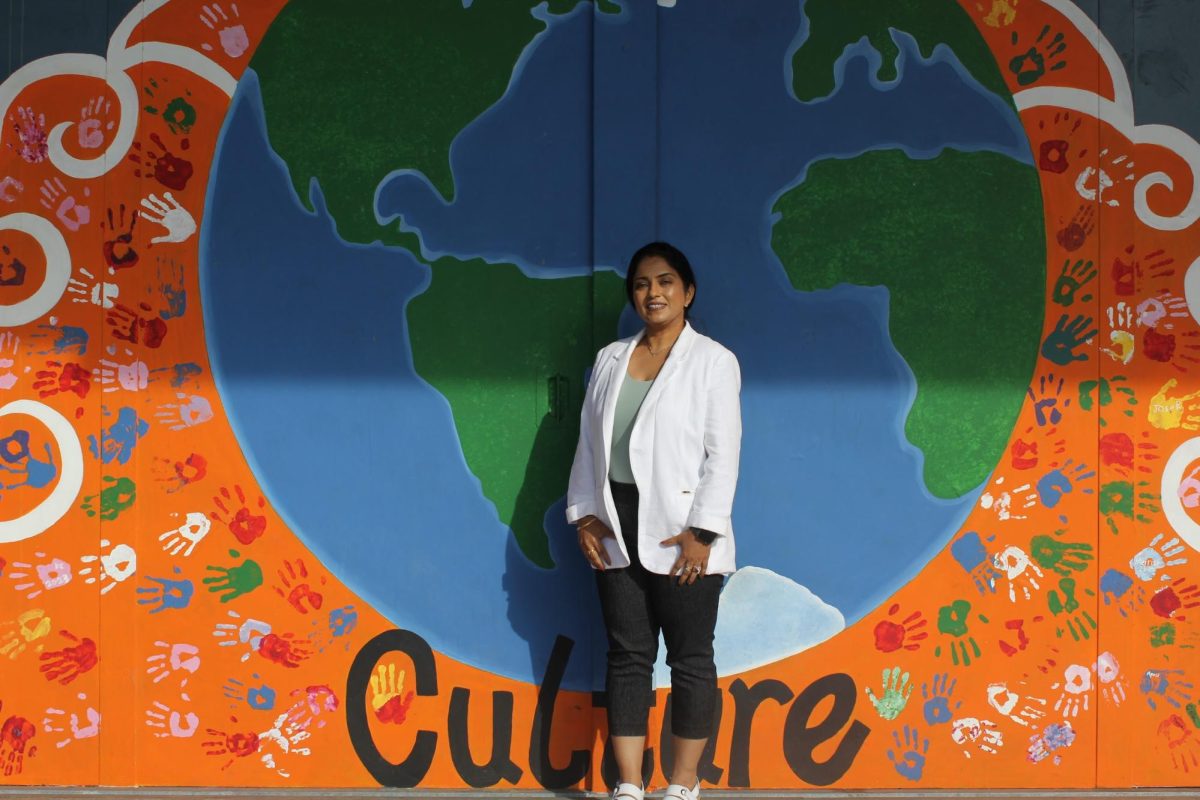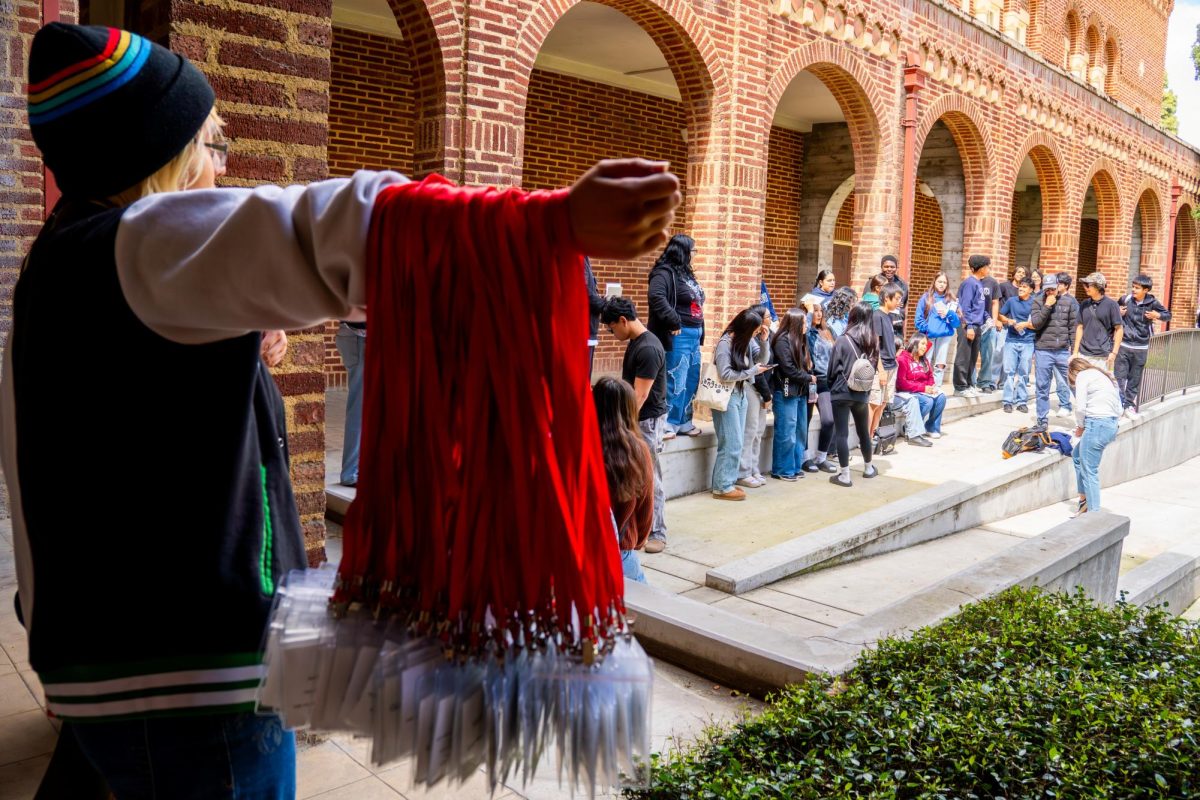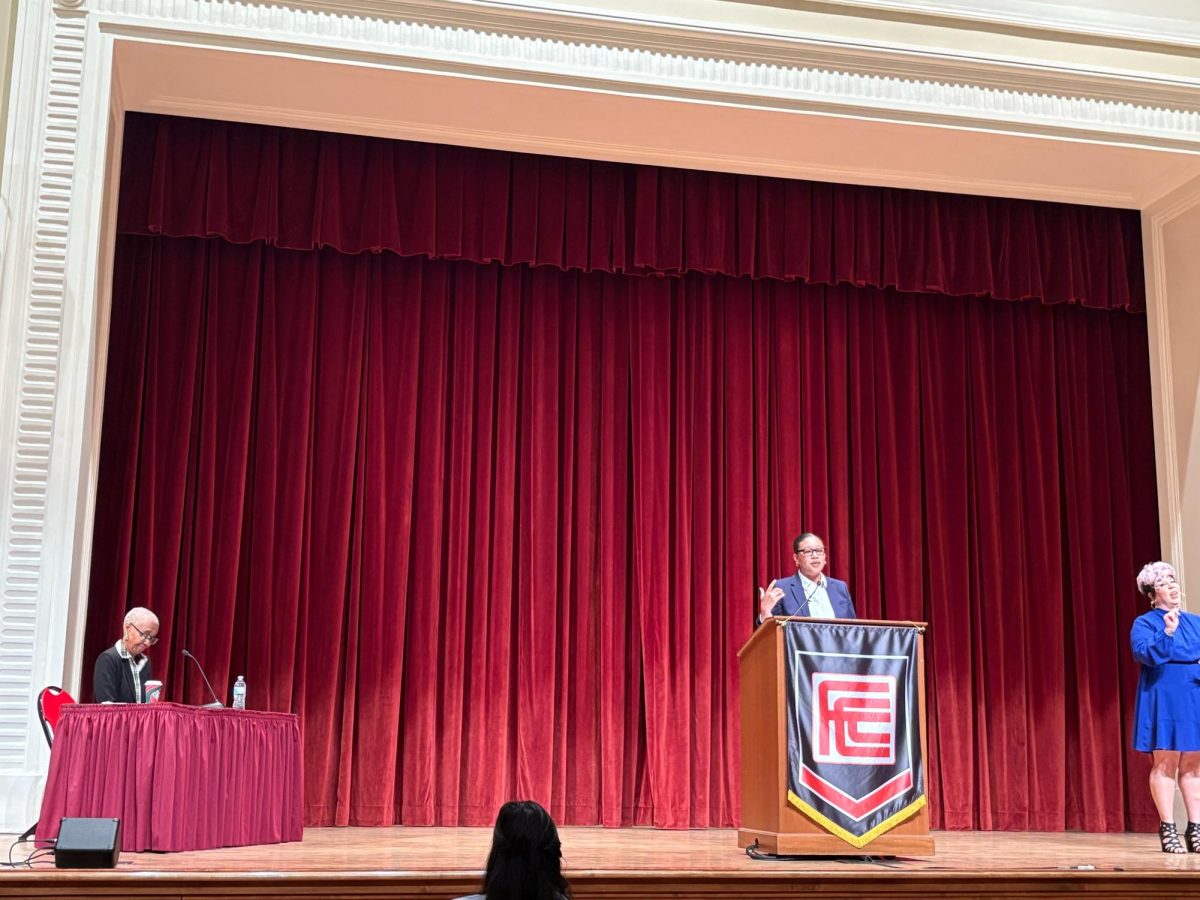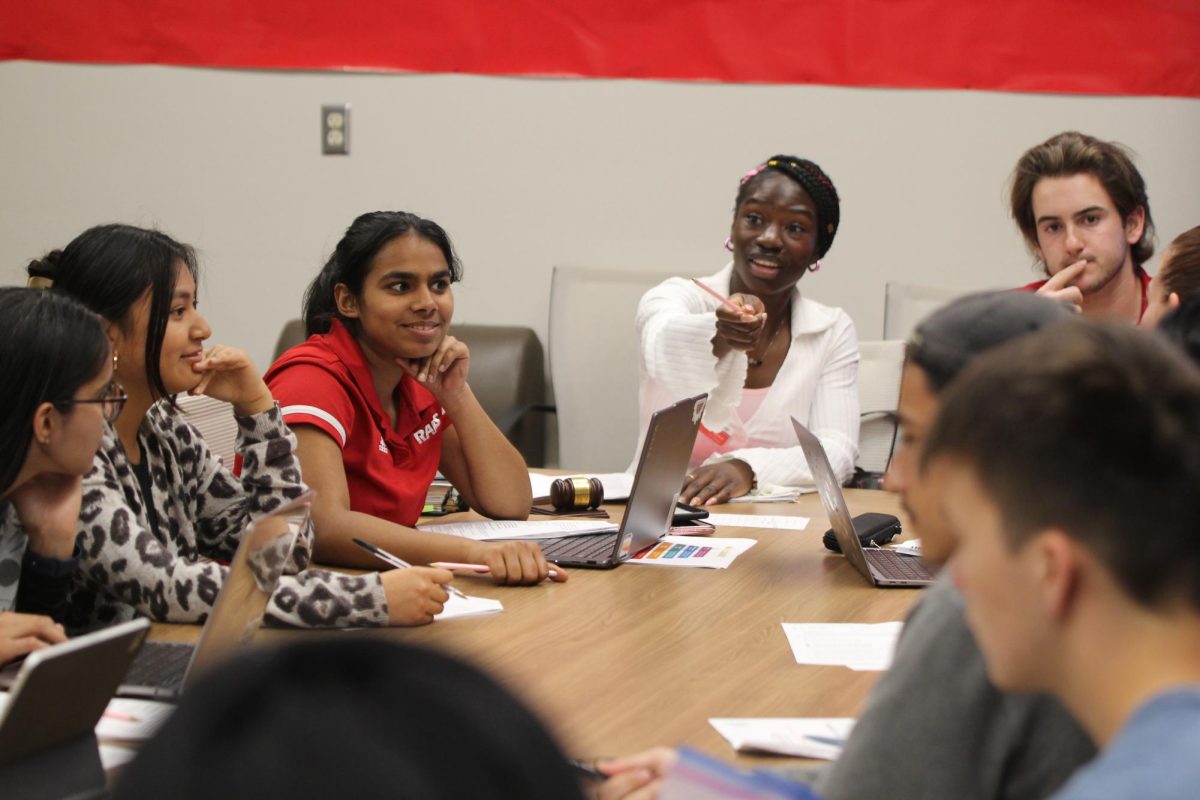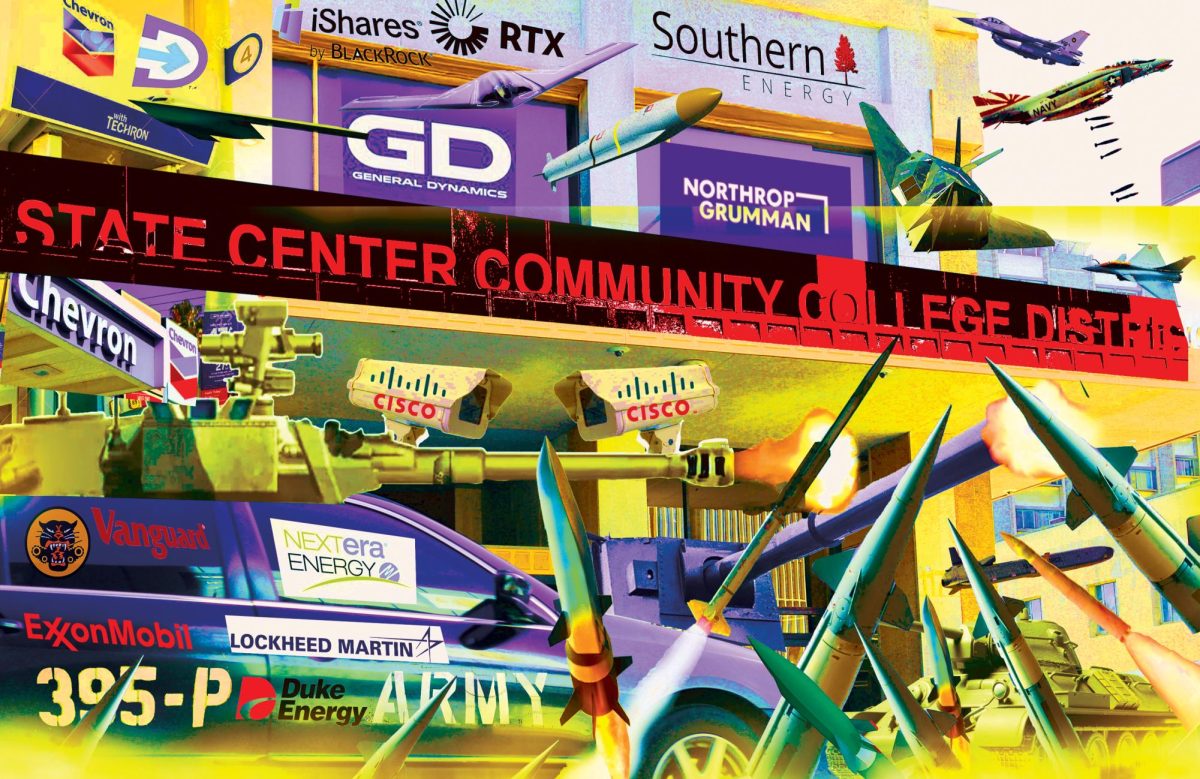More than 1,200 Fresno City College students will be receiving their associate degrees on May 17 at a celebration in the Selland Arena.
Although many students view FCC as a conduit to four-year colleges, many students use the associate degrees or certificate programs as a quick gateway to jobs and other opportunities in their communities.
“Not all students want to transfer,” said FCC President Tony Cantu. “I don’t think it’s one or the other. What’s important is that students meet their goals, no matter what path they take.”
The college will be holding separate ceremonies for students receiving certificates and associate degrees. The commencement ceremony for associate degrees will be on May 17 at the Selland Arena.
The Certificate and Honors Recognition Ceremony will be held on May 11 at the Old Administration Building on campus.
Harry Edwards, a sociology professor at the University of California, Berkeley, will be the guest speaker at the commencement ceremony.
The FCC alumnus started his academic career at the college before heading to San Jose State University and then to Cornell University. He is the author of the book, “The Revolt of The Black Athlete.” Also attending will be the administration staff, including the president of the college, members of the Board of Trustees, and the chancellor.
Seventy five percent of FCC’s graduates are women, according to Frances Lippman, admissions and record manager. This data reflects a larger trend in the United States, with 25 percent fewer men graduating than women, according to The Census Bureau. For Honors and Certificates recipients on campus, the margin is smaller, with about 50 percent for men and women.
This year’s numbers are slightly higher than the previous year, when 983 students receiving either an associate of arts or science degree, according to the California Community Colleges Chancellor’s Office.
Students say that their achievement reflects not only their own effort, but the effort of the instructors and staff guiding them towards success.
“Its very important not only for the campus but the students themselves,” said Cantu. “With these degrees and certificates, they are now ready for jobs and the workforce.”

